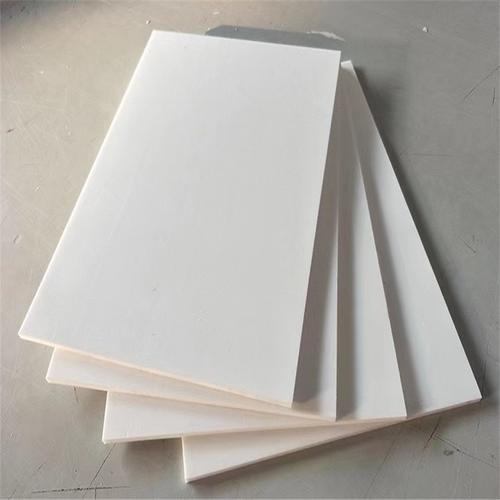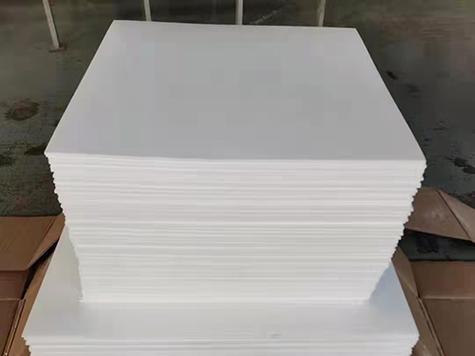Material advantages:
High temperature resistance —— use working temperature up to 250℃.
The low temperature resistant —— has good mechanical toughness; maintaining an elongation rate of 5% even if the temperature drops to-196℃. Corrosion-resistant ——for most chemicals and solvents, showing inert, strong resistance to strong acids and alkali, water, and various organic solvents.
Climate resistance —— has a better aging life in plastic.
High lubrication ——is the lower friction coefficient in solid materials.
Non-adhesion ——is a small surface tension in solid materials, and the mechanical properties of its small coefficient of friction, only 1 / 5 of polyethylene, which is an important feature of perfluorocarbon surface. Because of the low intermolecular force of fluorine-carbon chain, so polyTeflon is non-adhesive.
Harmous —— is physically inert and has long-term implantation as artificial blood vessels and organs without adverse reactions.
Electrical performance —— PTFE has a very low dielectric constant and dielectric loss in a wide frequency range, and the breakdown voltage, volume resistivity and arc resistance are relatively high.
Radiation resistance——PTFE is poor (104 rader), causing degradation after high-energy radiation, and the electrical and mechanical properties of the polymer are significantly reduced. PTFE can be formed by compression or extrusion, or water dispersion for coating, dipping or fiber. PTFE is widely used in atomic energy, aerospace, electronics, electrical, chemical, machinery, instrument, instrument, instrument, construction, textile, food and other industries.
Atmospheric aging resistance: irradiation resistance and low permeability: long-term exposure to the atmosphere, the surface and performance remain unchanged.
Noncombustible property: the oxygen restriction index is below 90. Acid and alkali resistance: insoluble in strong acids, strong alkali and organic solvents.
Oxiant resistance: resistant to the corrosion of strong oxidants.




